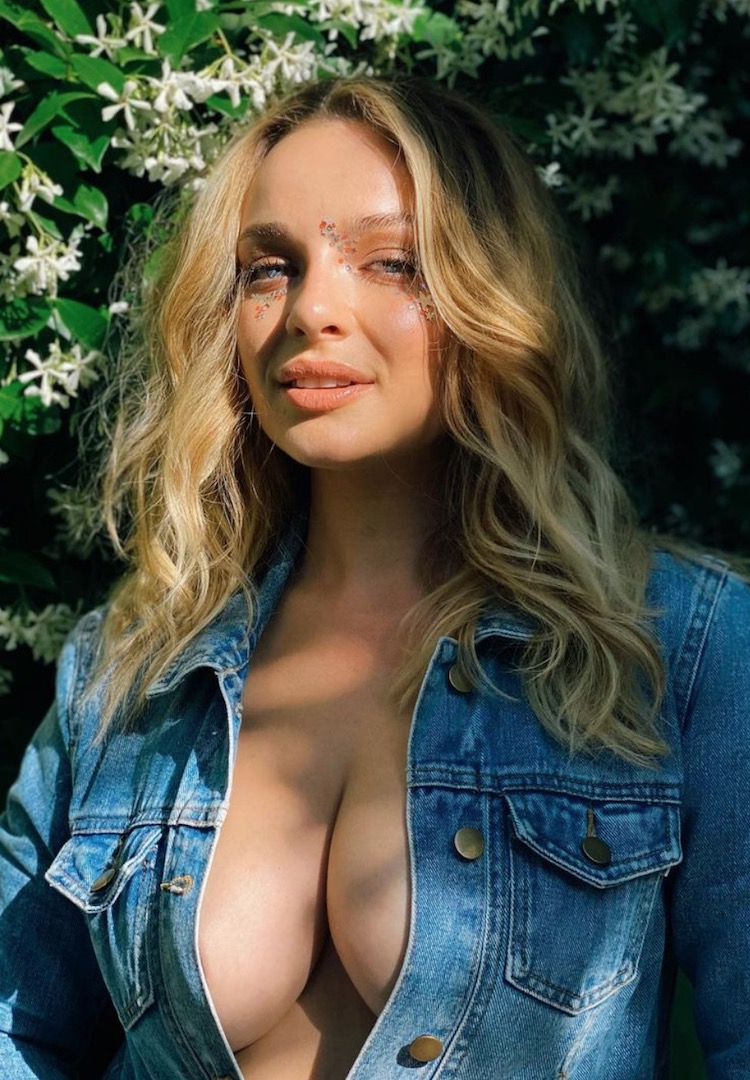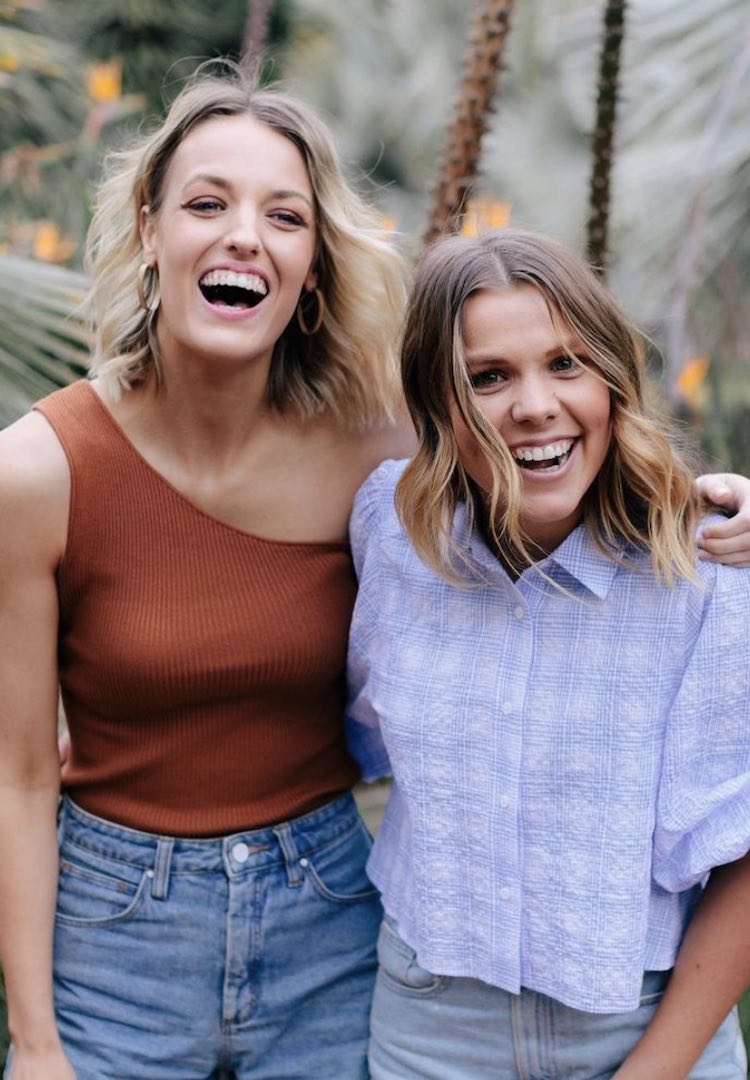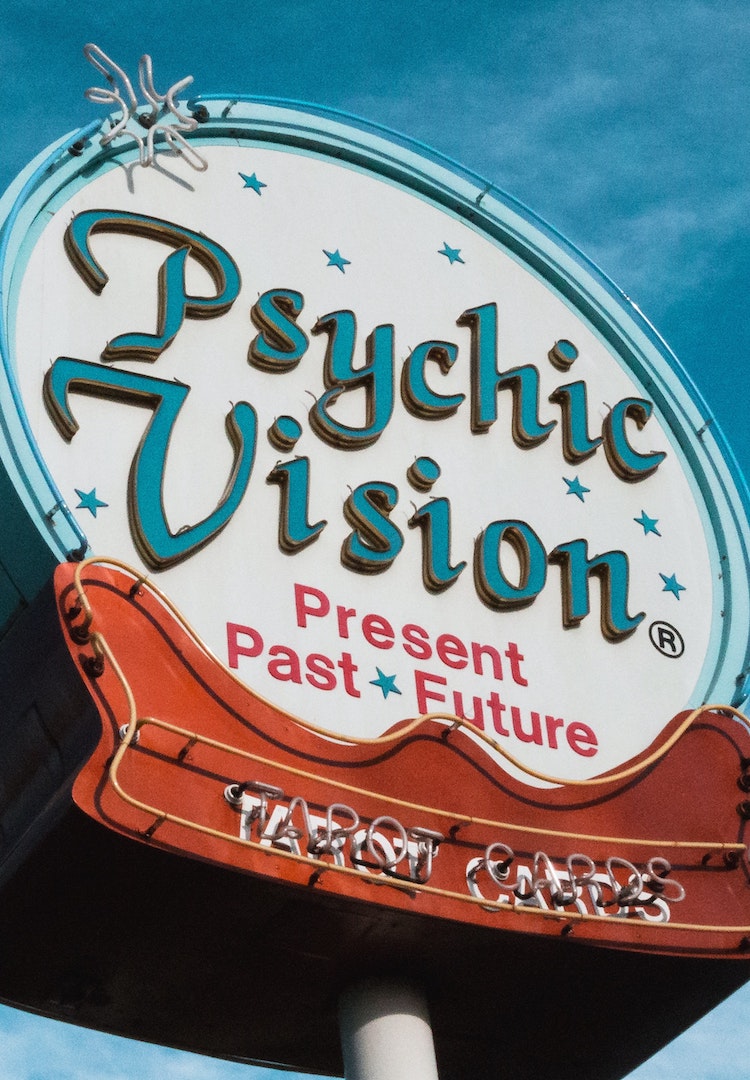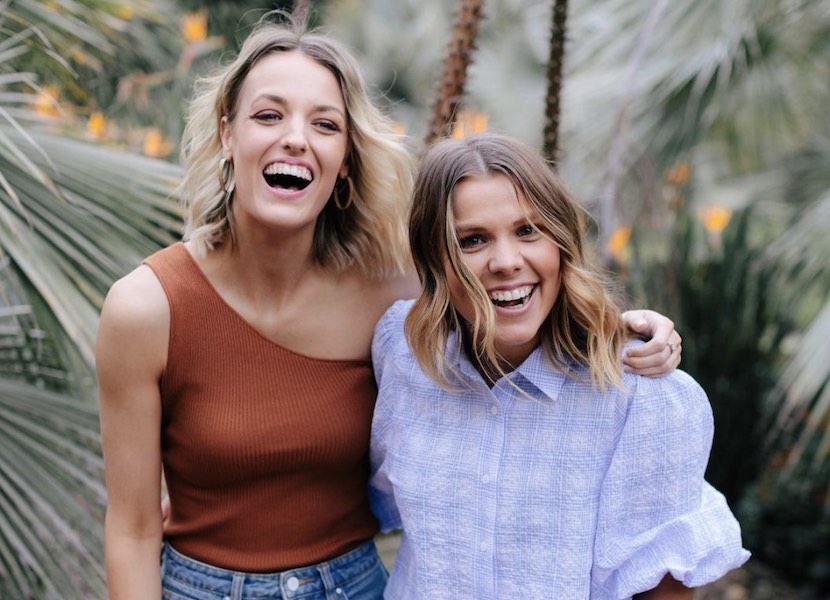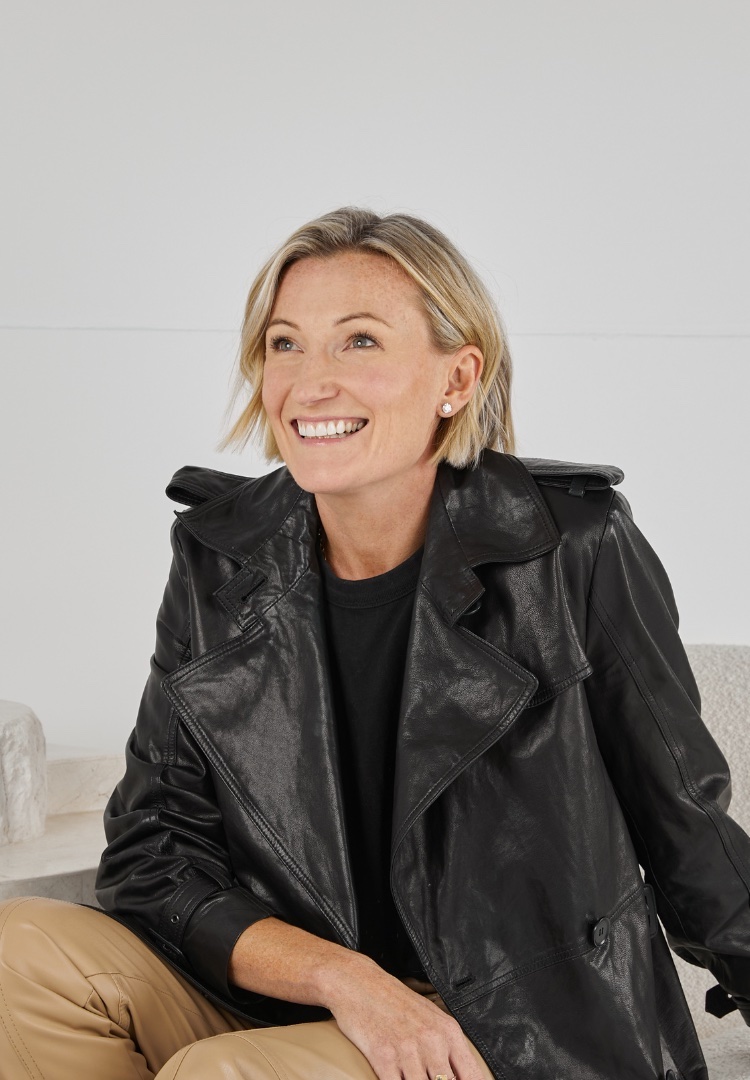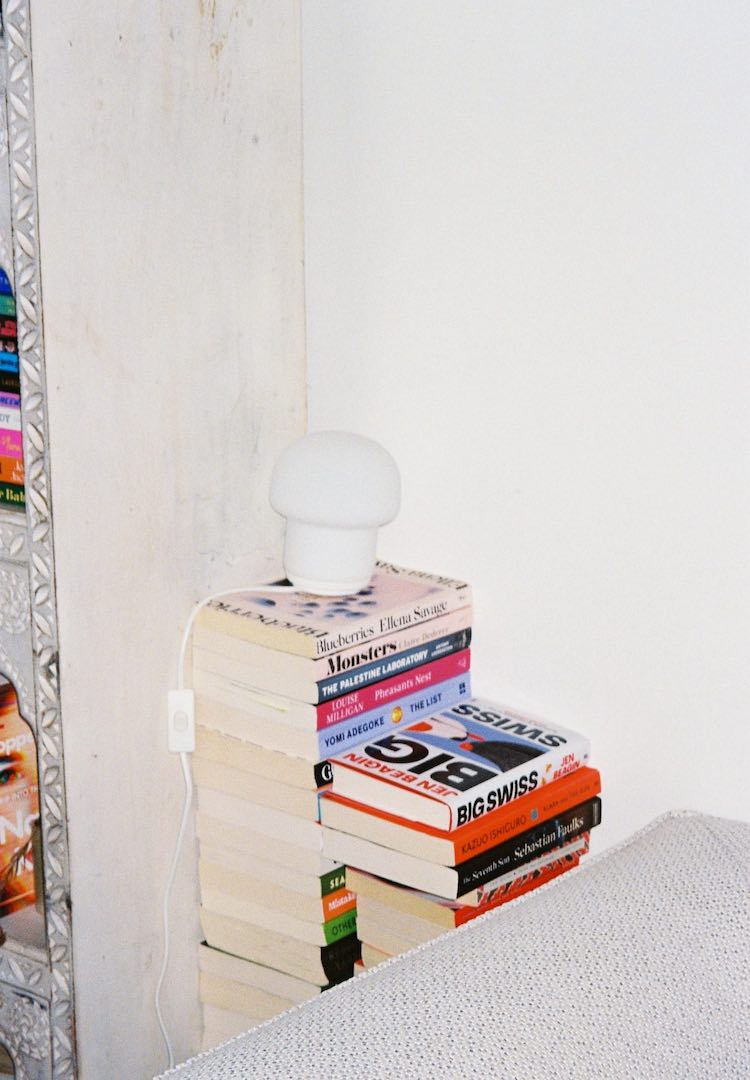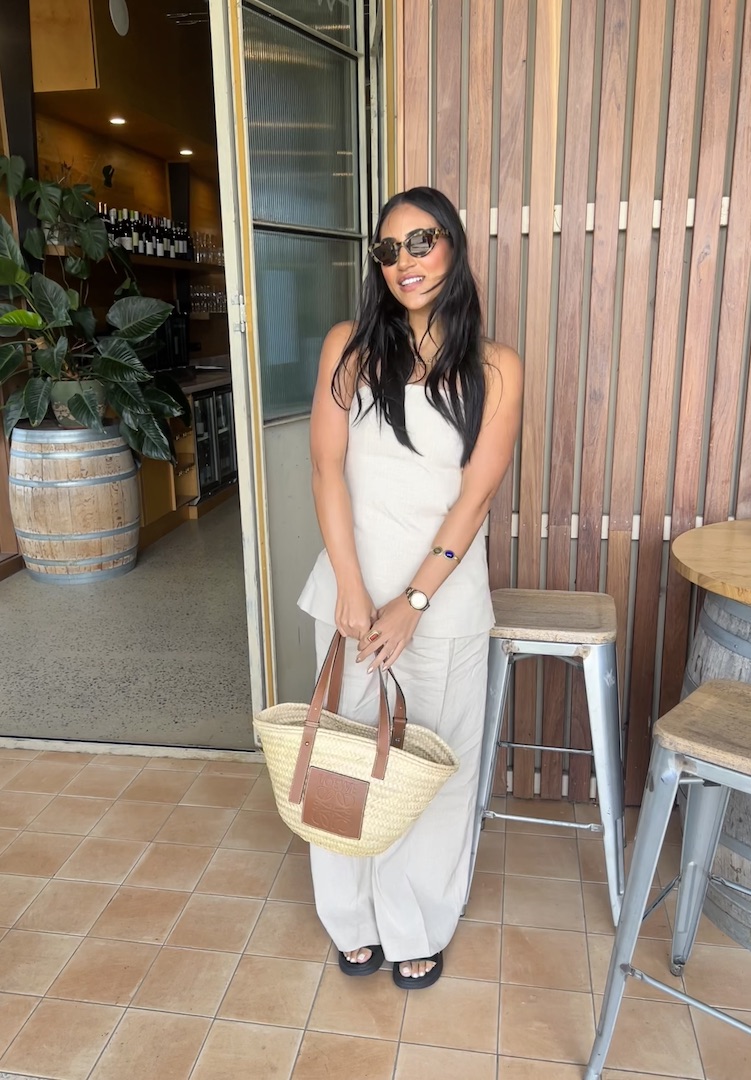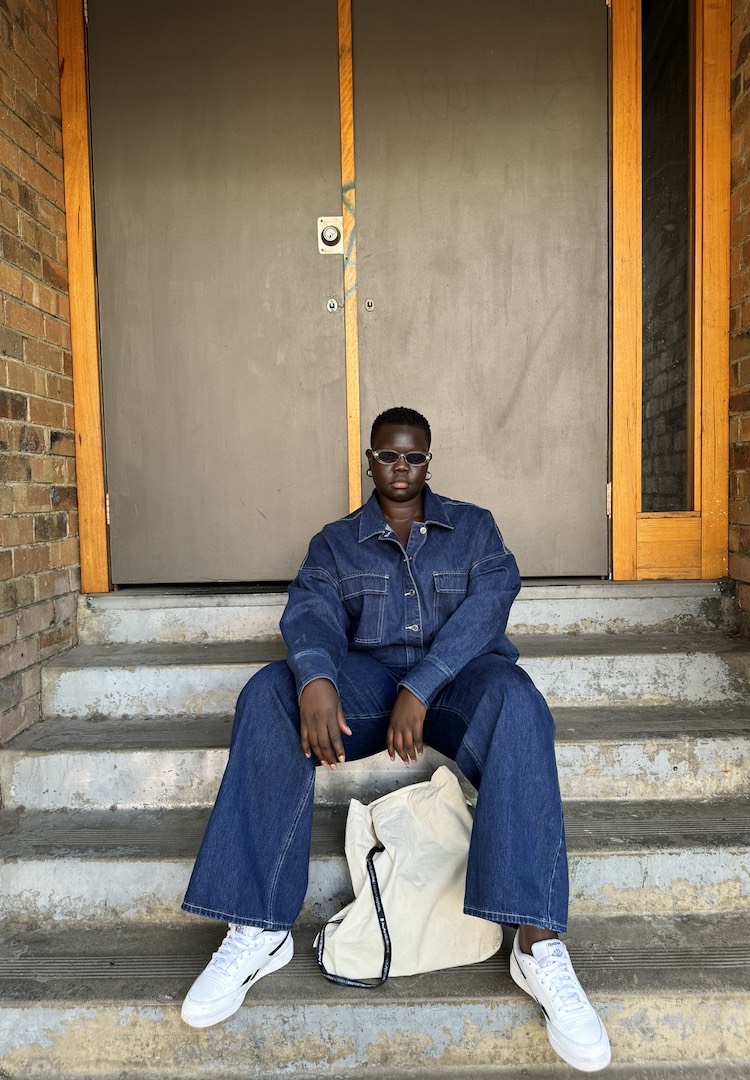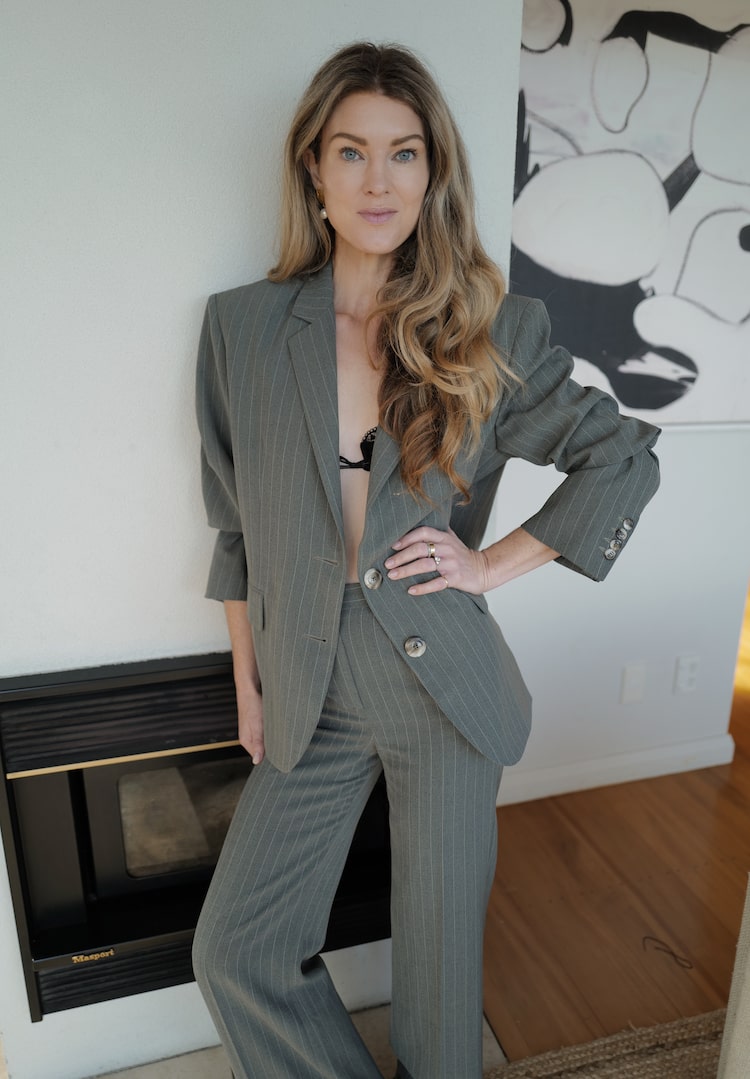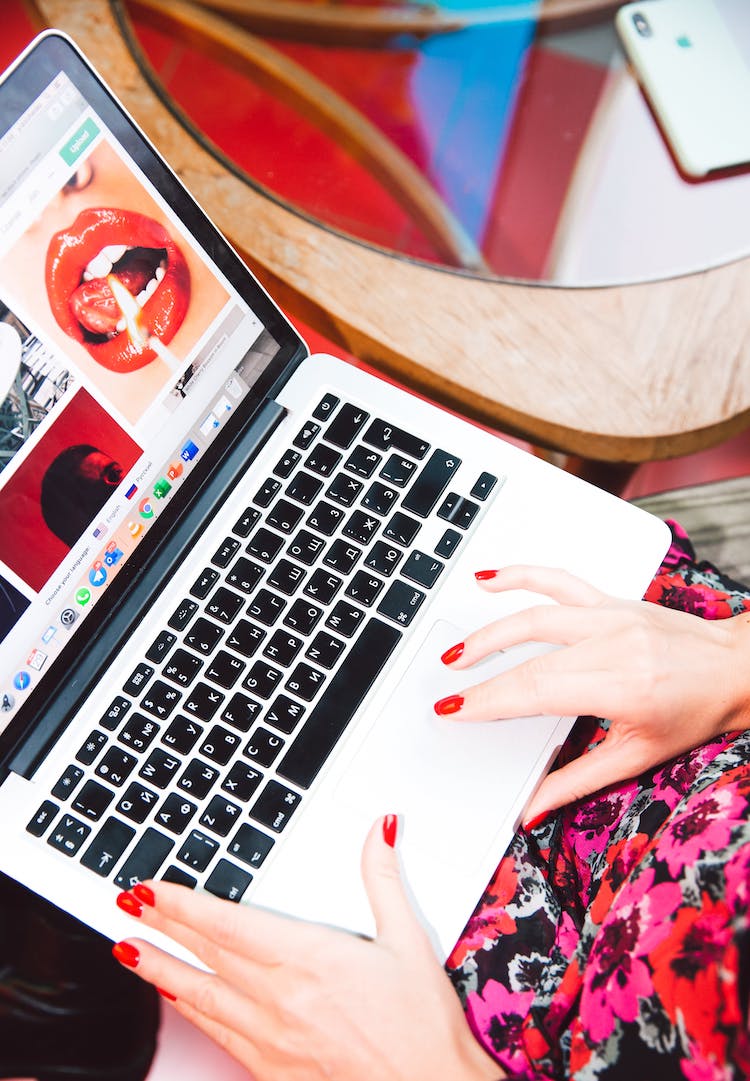How I Do It: Shameless Media’s Zara McDonald and Michelle Andrews on building their empire
Image via Shameless Media
Words by Tiffany Forbes
The epitome of ‘when one door closes, another opens’.
Impressive job titles are one thing, but what about people who have carved out their own niche and created a job specifically for them? Rather than landing that covetable LinkedIn byline, working for yourself presents a whole new way to choose your own adventure. That said, it’s not always about exploring the road less-travelled – sometimes it can mean forging your own entirely untrodden path.
It’s a tough slog, but if being your own boss is your personal dream, How I Do It is the column for you. We’ll talk to established freelancers and friends of FJ who’ve been at this long enough to have the benefit of hindsight, and they might be able to help you figure out how exactly they ‘do’ what they do.
Money, agents, timelines and tight turnarounds – this is how to hack the creative hustle. This week, we hear from the Melbourne-based founders of Shameless Media, Zara McDonald and Michelle Andrews. Here’s how they do it.
Run me through the last, say, five years of your life. What’s been happening for you?
M: I guess the big items would be that Zara and I were working together five years ago at Mamamia. So, we were doing all kinds of crazy shifts and working lots of weekends. That’s when we just kind of formed this really great friendship and bond at work. The biggest moment from my memory is when the head of podcasts at the time, Monique Bowley, overheard a very passionate conversation Zara and I were having about the Bachelor choice for that year and we were passionately disagreeing. I remember, she popped her head up above her desk and said, “You guys need to jump into podcast studio together. This is the kind of conversation people want to hear”. I guess that’s how our foray into podcasting really began, with that one conversation.
Z: Since then, we created the podcast that is now Shameless because we wanted to tap into a younger demographic that we thought were generally being ignored by mainstream media. I don’t think people were treating young women with the respect that we thought we deserved, so we created the content for ourselves. Ever since then, we’ve sort of built a business around it.
Describe to me, as if I’m your Aunty Fran and it’s Christmas day, exactly what it is you do for ‘work’, these days.
M: I would say that Zara and I run a small team out of Cremorne, Melbourne (there’s five of us now), doing podcasting and media business. I would say that we host and create podcasts for young Australians, particularly those in their twenties, about pop culture. I would also tell my aunt that we run a weekly newsletter, that we do stuff on social media, and that we work on new projects as they arise. Because we’re so small, we’re able to tackle and sink our teeth into new things almost as soon as we come up with the idea.
Is there anything you wish people knew about what you do and why you do it?
Z: I would assume this refers to some sort of misconception about what we do. But, I don’t know if there would be any great misconceptions. This isn’t the case as much anymore, as podcasting gets bigger, but definitely, when we started, we thought that there was a misconception about how much work can go into an hour of content. We would spend almost two full days, getting one episode of Shameless ready. Hours of research went into putting it together, then editing and listening back to make sure it’s perfect is a bunch of work.
M: I think as well for Shameless Media, we almost want it to be the antidote to churn and burn journalism. We know that pop culture and celebrity journalism definitely has a reputation, particularly in Australia, for being click-baity, for being not properly researched, for probably not being of the highest quality all the time. I think, as far as we stand, we really want to be the antithesis of that. So we spend a lot of time on every piece of content that we put out.
Take me back to age 18, when you left school. Did you have any sense of what you wanted to do, and if so, what steps did you first take?
Z: I think we both felt a little bit lost. When I left school, I was split between law and journalism. The only reason I said law was because my older brother and sister did it. I clearly had no sense of individuality. But I pushed for journalism, because I liked to write.
M: I went into an arts degree because I didn’t know what the hell I wanted to do. I told my mum, I was going to do the JD at Melbourne Uni, which is their law program and then I said I was going to be a psychologist. I spent about 18 months figuring out I didn’t want to do either of those.
Moving into your early twenties, when you were just sort of finding your feet – did you have any sense of where you were going then? And if so, how did you get there?
Z: I don’t think we had any sense of what it was going to look like now, but back then we were really driven when we started Shameless. I remember, when we started to find our feet with it and it started to sort of gain a little bit of momentum, we knew this is what we wanted to put all our time, energy and money into. This was the thing we were going to pursue. There was no way we could foreshadow what has happened, but we did give it everything.
When it comes to work, we’re not huge future planners, which is weird, because I think when it comes to life, or anything else, we are over-zealous planners. But I think when it comes to work, we never look more than six months in advance because we know things can change so much. It’s almost impossible to plan. So it was probably more of a case of not looking that far ahead and kind of you know, diving really deep into what we were doing and seeing what could come of it.
In your book, The Space Between, you mentioned that you kept going on with your podcast, even after originally being told no by Mamamia. Do you have any bits of advice when it comes to dealing with people who say no? How do you know when something’s worth pursuing, even in the face of a setback?
Z: I think the reality is that people always say no to good ideas. For us, it was really a matter of trusting our gut. As I said at the start, this was something that we wanted to consume, and we wanted to create and at that point, we had very little to lose. We too, get messages all the time from young women wanting to create things and we just simply don’t have the capacity to reply or engage with them all. That is not to say that there wouldn’t be a bunch of good ideas that these young women have. It’s just that not everybody will have the time and capacity to see that. So, it’s not always personal.
M: Pragmatic advice for me on top of that would be, if you have an idea, it has to have a target audience. And I think if your target audience is yourself, that is a really strong idea, because you are certain that people out there will like the idea because you are one such person. I think people run into complications when they try making products or content for people who aren’t themselves. And if you don’t have a really strong target demographic that you are going for, I think you can get a little bit lost. Trust your gut.
Is there anything you would change about your journey?
M: I don’t think so. I think the reason we’re sitting here today is because of all the mistakes, the missteps and the successes that we’ve had along the way. It’s really helpful to actually be in a duo and be founders of this small media company together because we kind of fill each other’s gaps in a really good way. Zara’s strengths are my weaknesses and my weaknesses are her strengths. So when I make a mistake, I feel like I have someone in my corner, but also somebody telling me how I can avoid that in the future or how we can tackle that in a better way going forward. I think it’s super important in the early few years, when you’re really just throwing shit at a wall and seeing what sticks, that you learn from those moves, and you kind of learn from the mistakes you’re making.
Z: Any time we’ve kind of fucked up has been cause for a huge pivot. Something will happen and it will be this real kind of reckoning within the business like “Okay, where are we going from this?”. Some of our best ideas or decisions usually come after that too, which is a good thing to remember every time we face a hurdle, because we’re like, “We’ve been through this before and we’ve made some really great decisions after it.”
Do you have an example of something like that?
M: I think one of the easiest examples would be one time Zara and I were trying to do a million different things for the business, one thing had fallen off our plate and we looked at each other like “There’s too much work, we are spreading ourselves too thin, we’re not getting the things we need to get done, done. Then when we are getting it done, it’s not to the best of our ability, it’s not to the highest quality we can manage.” In that moment, we literally picked up the phone and called Annabelle Lee, who is now our producer on Shameless and the co-host of Shameless Book Club. Without having that moment of “Fuck, we’ve really screwed up here”, we wouldn’t have Annabelle.
Check out the other How I Do It interviews here and our non-freelancer focused career series How I Got Here here.
Looking to step up to a career in fashion? Each week we send a wrap of industry jobs straight to your inbox. Enter your details below and we’ll keep you in the loop, or browse current openings here.

